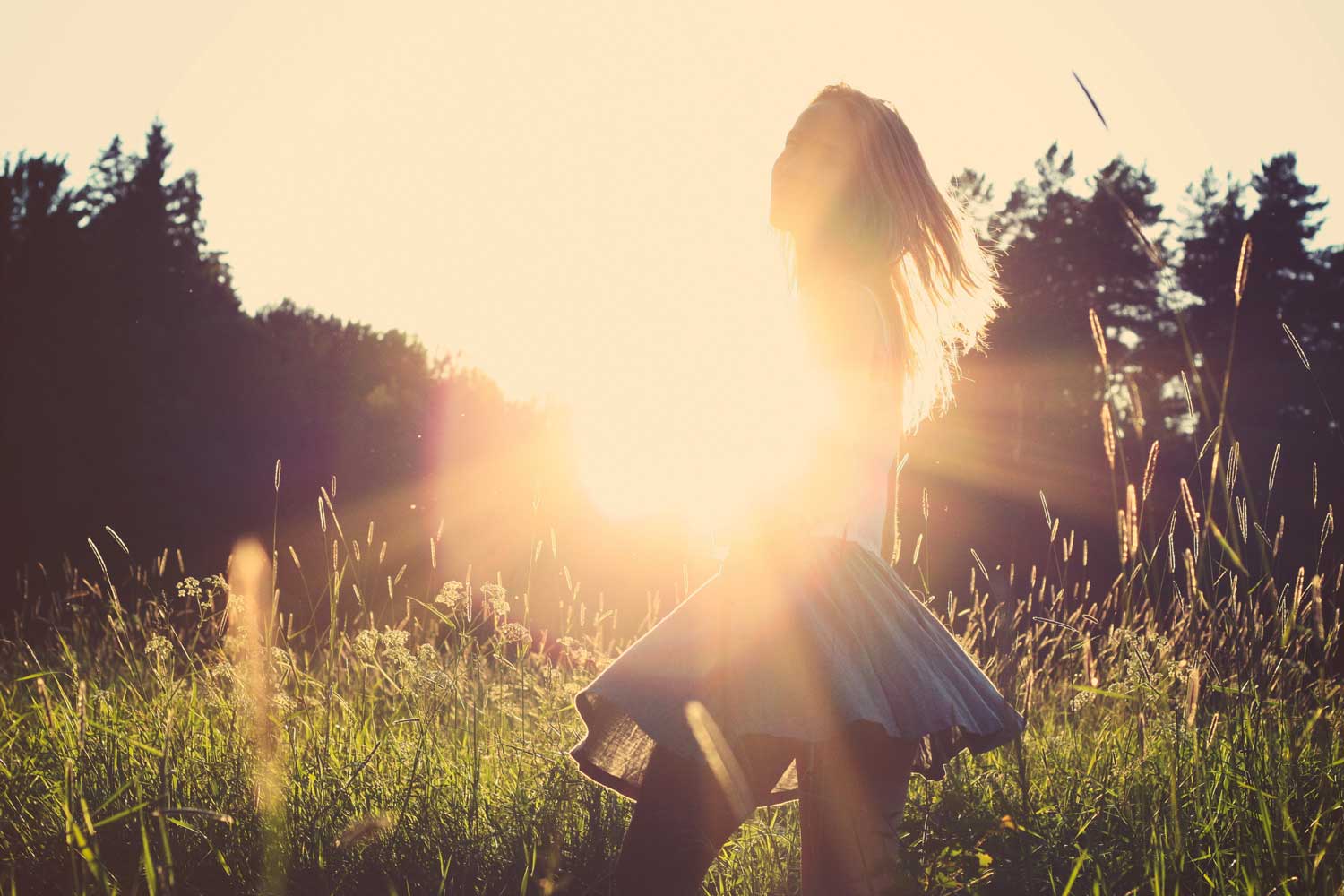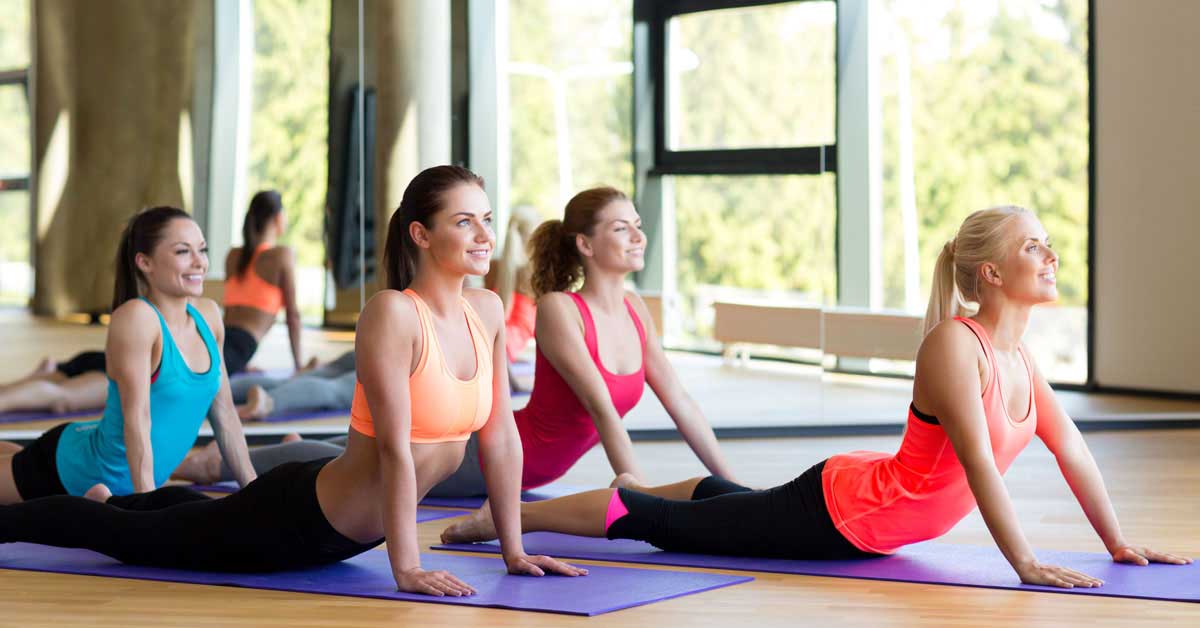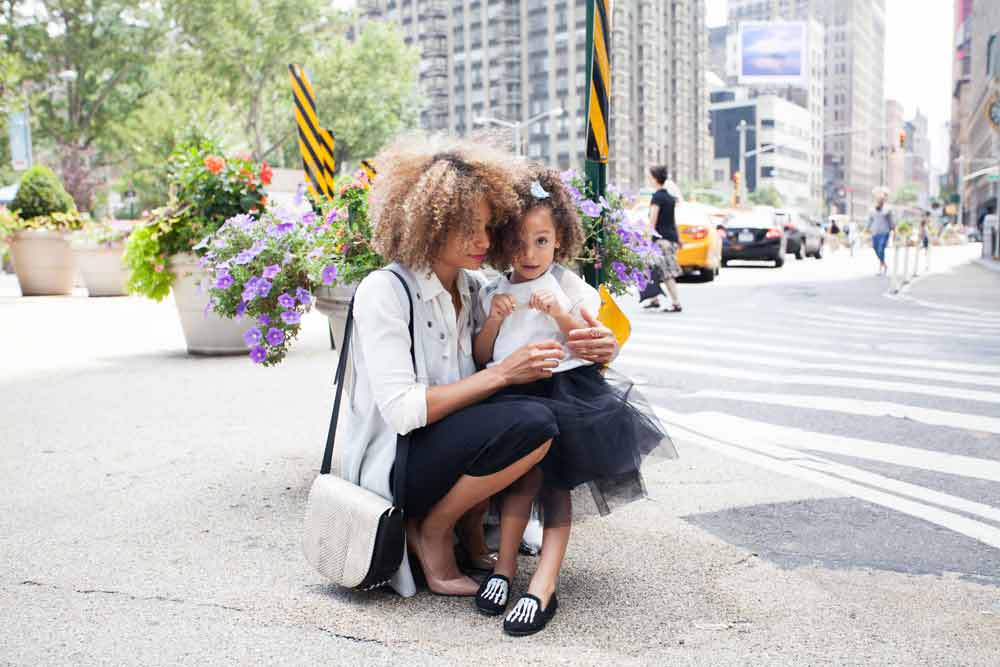I used to be focused on choosing joy. I was laser focused on being the optimist I was born as. I have always been a half-full kind of gal, but the worse life became (or the memories of the pain), the more obsessive I became to always be joyful and disassociate from the pain. It was an extreme version of seeing the bright side in every situation. “Keep your face to the sunshine and you cannot see the shadows,” wrote Helen Keller.
“Keep your face to the sunshine and you cannot see the shadows. It’s what the sunflowers do.”
I used to doodle this quote all over my notebooks in high school. A big yellow squiggle outlined the sun. Back then I was having trouble at home with my parents and their disinterest in actually raising me and providing for me. Fast-food and $20s left on the counter were sufficient in their eyes as I swallowed more than my fair share of beer from a keg at frat parties I shouldn’t have been attending and lit up cigarette after cigarette, eventually swapping out nicotine for something stronger. And I was having trouble with boys—a lot of trouble. But I kept on blocking out the shadows, focusing on the sun and the joy. Finding that joy and clinging to it. Joy got me through tough times. I’m forever grateful. Joy allowed me to live it up as a youthful 21 year old. Joy, the hard core kind, kept those shadows at bay. Joy very likely kept me alive. Joy allowed me to meet my future wife, to fall in love, to get married.
But then my dad died. And my forced joy gave way to shadows. Shadows that were hard to move past. Like boulders the size of cars in a narrow road, I had a hard time seeing a way around them. But my old pal Helen Keller got me through once again. Face the sun! Do not look at the shadows! Do not examine the shadows! They’re there. We can acknowledge them. But don’t give them nary a glance.
I got married without my mother or my father present. My brother walked me down the aisle. I chose joy to accompany me on that day. And I was radiantly happy. I strained to move beyond the pain of my father’s absence.
Years later, I gave birth to our sons. I was so happy and stressed. Looking at their cherubic faces made my heart explode with happiness. But their innocence reminded me of my own, which was snuffed out too soon by abusive adults. And my sons’ fragility and dependence on me reminded me of my fragility and dependence on my own parents and how their abandonment of my care left me like a babe in the woods, setting me to the wolves. The harder it was, this mothering as an unmothered person, the more the shadows crept back in, begging to be seen.
Then my brother got sick and died, crushing my soul. I wandered around the world feeling broken and alone.
The clouds of darkness followed me everywhere but I chose to look at the sun as much as I could. Find the joy. Feel the joy. Don’t get lost in the shadows. But slowly the shadows came for me, their black and gray shapeless forms moved in and took over. I no longer had a choice to keep them out. They moved right on in without invitation. I felt them. But yet I could not feel. I could not feel much of anything. The only joy I had was with my children but even then I knew it was limited joy—that it wasn’t all the joy possible.
Finally, my wife—who had seen the joy escape me—called attention to my joylessness. She said I needed to deal with the shadows, not just ignore them.
I tried. I took medicine for my depression, anxiety and mood disorder. I re-entered therapy for my post-traumatic stress disorder and my mood disorder. I spoke of the shadows, of the missing joy. I learned how the two might be able to live in unison. Having pain and sorrow does not mean you cannot feel joy. And likewise having joy does not erase the shadows. And the pain and the grief.
Together, they are part of me. And instead of giving my all to either, I’ve made room for both. I am making room for the shadows and the pain. To feel the loss and the grief. And I am making room for the sun and the joy.
I can miss my brother and my father fiercely, but I can also feel the warmth of the sun on my face on a spring day. Tears may prick my eyes when I talk to my brother’s children, thinking of all he is missing out on and how they’re growing up without their father, but I can also feel joy in my heart from their goodness and growth.
My past may be painful, but my present is full of goodness and my future has the potential to be glorious. I’m sure there’s more pain ahead. Life is not life without both shadows and sun, without pain and joy. It’s not either nor or. It’s both.
We must make room for joy.




